Resource policy instrument mix to avoid packaging waste
The reasons for this include, among other things, changing patterns of life and consumption and a change in socio-demographic structures. One of the main political causes is the lack of a consistent policy framework that focuses on resource-efficient waste prevention. Furthermore, from a resource policy point of view, a reduction in packaging, for example in the food retailing sector, can lead to an increased emergence of food waste and thus prevent the goal of resource efficiency. This should be taken into account when selecting suitable policy instruments.
- What does a promising mix of instruments for the resource-efficient prevention of packaging waste in Germany look like?
- How should the political framework conditions be shaped to promote the use of a corresponding mix of instruments?
In order to answer these questions, a policy analysis is carried out, experts from the fields of packaging, waste prevention and politics are interviewed and international case studies are conducted. Subsequently, the identified instruments are evaluated using a multi-criteria analysis.
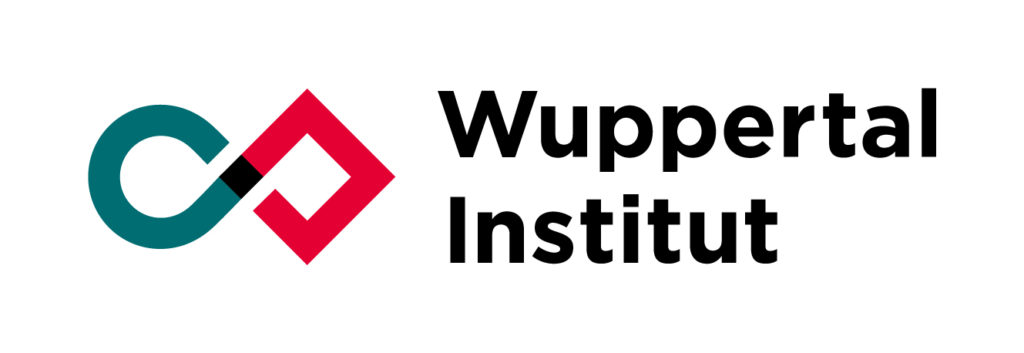
Jennifer Schinkel, M.A.
Döppersberg 19, 42103 Wuppertal
Germany

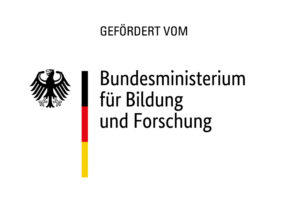 Bundesministerium für Bildung und Forschung
Bundesministerium für Bildung und Forschung Technische Universität
Technische Universität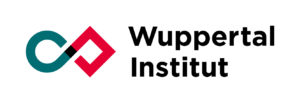 Wuppertal Institut für Klima, Umwelt, Energie gGmbH
Wuppertal Institut für Klima, Umwelt, Energie gGmbH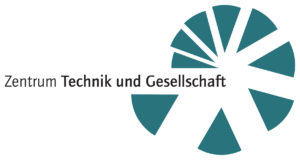 Zentrum Technik und Gesellschaft, TU Berlin
Zentrum Technik und Gesellschaft, TU Berlin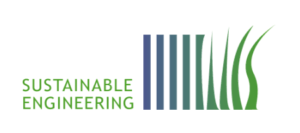 Fachgebiet Sustainable Engineering, TU Berlin
Fachgebiet Sustainable Engineering, TU Berlin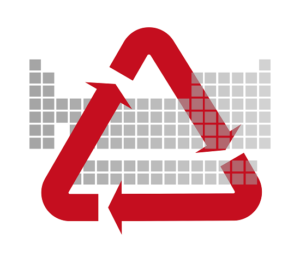 Fachgebiet Kreislaufwirtschaft und Recyclingtechnologie, TU Berlin
Fachgebiet Kreislaufwirtschaft und Recyclingtechnologie, TU Berlin